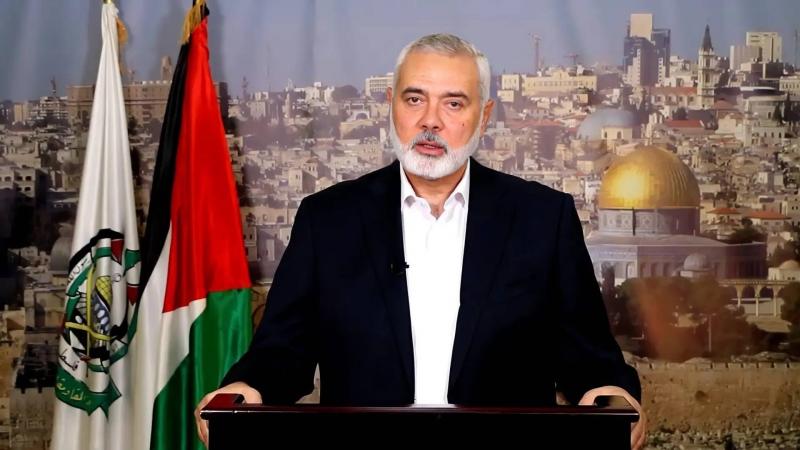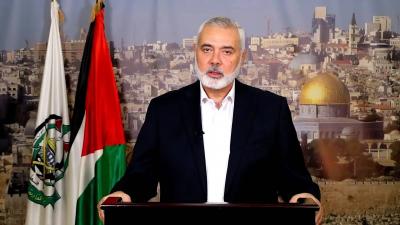The assassination of the political leader of Hamas, Ismail Haniyeh, in the Iranian capital Tehran has sparked wide reactions and significant shock. Iranian media reported today, Wednesday, that "the assassination of Ismail Haniyeh took place around 2 a.m. Iranian time, while he was residing in a special facility for veterans in Tehran,” revealing a shortfall in the security and protection of a prominent figure like Haniyeh, who is known to be on Israel's assassination target list. But what does this mean, and what are the implications for the conflict in the region and the ceasefire agreement that mediators were meeting in Rome to finalize?
Dr. Mohamed Al-Yemeni, an Egyptian expert in international relations, outlined seven important points regarding the repercussions of the incident, stating to "Al-Arabiya.net":
"First, the assassination of the most important figure in the Palestinian resistance against Israel in Tehran affects Iran much more than it does Hamas, as it severely undermines Iran's image before its supporters and advocates both domestically and internationally."
He added, "Secondly, the timing of the assassination carries significant implications as it coincided with the first day of President Masoud Bezhakian’s tenure, indicating Israel's intent to obstruct Bezhakian's path towards America and distancing the reformist man and his team from the White House whenever possible."
He further elaborated, "Thirdly, the timing and location have a substantial impact on this Israeli operation, and those who made this decision in Tel Aviv know that Iran will not tolerate such an act and cannot conceal it or pass it over under any circumstances because protecting the guest is more critical than protecting the homeowners."
According to the Egyptian expert, "The fourth point is that the coercive Iranian response will complicate Iranian-American negotiations, especially since Bezhakian has prioritized this matter at the core of his electoral program and during his presidency which will conclude in 2028. It will also complicate negotiations for a ceasefire and the release of hostages in Gaza."
Fifthly, as affirmed by Mohamed Al-Yemeni, “The method of the assassination using a missile aimed at Haniyeh's body while he was in his bedroom at 2 a.m. Tehran time, which is 1:30 a.m. Cairo time, indicates that there has been a security breach that penetrated deeply into Tehran."
The sixth point, according to the Egyptian expert’s remarks, is that this security lapse will force Iran to initiate a high-level investigation to identify intelligence gaps and discover who the Israeli agent is "within the state's institutions." He noted that Tehran had previously executed an individual from the Revolutionary Guard for cooperating with the Trump administration in the assassination of Qassem Soleimani.
Finally, the expert in international relations concluded, "In any case, we are faced with a significant event unrelated to conspiracy theories, and we must wait to see the outcome of the investigation that the Iranian Revolutionary Guard has now announced is underway."




